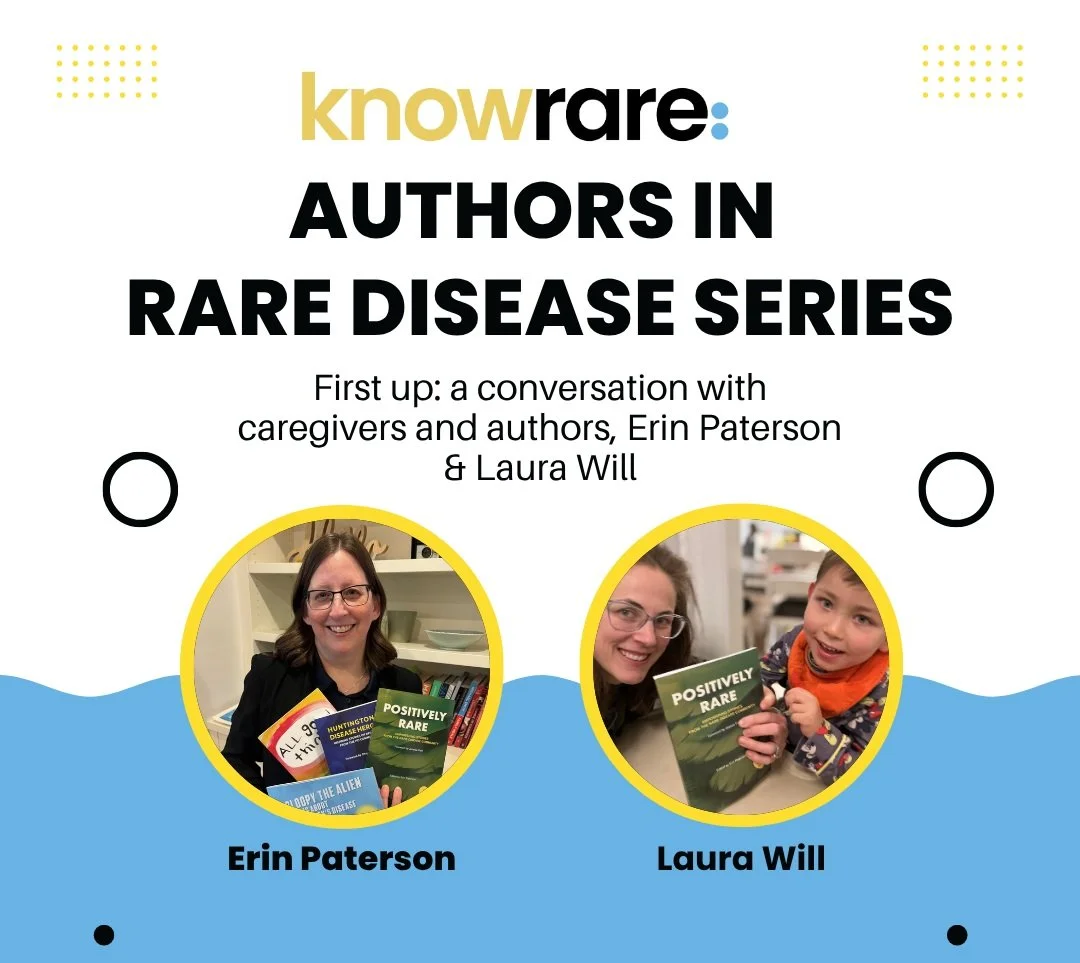Three Ways to Get Access to High-Cost Treatments
Designed by freepik
By Nina Wachsman
My father’s shortness of breath seemed to be getting worse, and his cardiologist had the courage to admit we might benefit from going to a cardiologist who specializes in congestive heart failure. It turns out that my father didn’t have congestive heart failure but cardiac amyloidosis, a rare condition that is not reversible but can be treated to prevent progression. My father has Medicare and supplemental insurance, and, since there is no other treatment for this condition, I figured Medicare would cover it. However, when I called the specialty pharmacy that would ship it to us, I found out that, even with Medicare coverage, the monthly copay for my father would be $2,000! For someone who is retired and living off savings that is unaffordable.
Having worked in the biopharmaceutical industry for many years, I knew there were other options to reduce the cost and enable us to afford this medication. One of them worked for my father, and he was able to get the medication with a copay of only $10. I hope one of these options may help you as well:
Drug manufacturer’s cost savings program
Once you’re prescribed a medication, check to see who makes the medicine. Most drug companies offer assistance in affording medications, including reimbursement counseling and advice, copay assistance programs, and guidance to find organizations that can help with copay costs. You can access those resources through either the website for the specific drug, or the drug company’s website. In my situation, I googled the drug name and found the drug’s website, and contacted the Cost Savings Program. I was guided to three different organizations that offered programs to cover the high copay.
Pfizer is an example of a drug manufacturer that has many assistance programs, depending on the disease area. Pfizer RxPathways lists copay assistance programs, and contacting their support center can help you find the type of program that suits you or the person you care for.
Patient Assistance Organizations
Many organizations have special assistance funds to help not only with access to special medications but also with travel assistance to infusion centers and caregiver aid:
• The North American Organization for Rare Disease (NORD) outlines a range of programs available for patients and caregivers.
• Pan Foundation - an organization that provides grants to help people afford high copay costs or gaps in coverage. You can search their website by disease state or medication to find assistance.
Clinical Trials
Participating in clinical trials can provide access to leading specialists who know the most about your rare disease. They can monitor you over the course of several weeks or months while you are under their care.
Participation often covers travel costs to get you to the specialty centers for treatment and overnight hotel stays. Additionally, it provides you with hard-to-find lab tests at no cost, the study drug, and any other drugs needed during the study. Some clinical studies also give a stipend for the time spent at the study sites. If you would like some help in finding a clinical trial for your rare disease, you can contact us.































